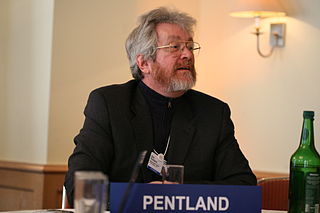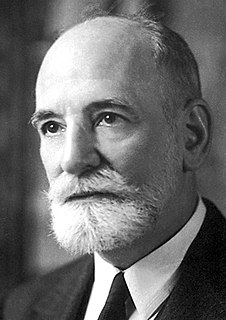A Quote by Rick Santorum
The idea is that the state doesn't have rights to limit individuals' wants and passions. I disagree with that.
Related Quotes
Since there is no such entity as 'the public,' since the public is merely a number of individuals, the idea that 'the public interest' supersedes private interests and rights can have but one meaning: that the interests and rights of some individuals take precedence over the interests and rights of others.
The State, on the other hand, both in its genesis and by its primary intention, is purely anti-social. It is not based on the idea of natural rights, but on the idea that the individual has no rights except those that the State may provisionally grant him. It has always made justice costly and difficult of access, and has invariably held itself above justice and common morality whenever it could advantage itself by so doing.
Under Marxism-Leninism, the self-proclaimed ideology of the Chinese Communist Party, individuals do not possess inherent value. People are merely a tool to achieve the ends of the collective nation-state. The idea may sound inhumane, but it is as fundamental to the CCP as the Bill of Rights is to Americans.
Abortion on demand is the ultimate State tyranny; the State simply declares that certain classes of human beings are not persons, and therefore not entitled to the protection of the law. The State protects the 'right' of some people to kill others, just as the courts protected the 'property rights' of slave masters in their slaves. Moreover, by this method the State achieves a goal common to all totalitarian regimes: it sets us against each other, so that our energies are spent in the struggle between State-created classes, rather than in freeing all individuals from the State.
Near the end of the 1700s, philosophers began to declare that humans were rational individuals. People were flattered by being recognized as individuals, and by being called rational, and the idea soon wormed its way into the belief systems of nearly everyone in the upper class. Despite resistance from Church and State, the idea of rational individuality replaced the assumption that truth comes only from god and king.
The tendency of a national bank is to increase public and private credit. The former gives power to the state, for the protection of its rights and interests: and the latter facilitates and extends the operations of commerce among individuals. Industry is increased, commodities are multiplied, agriculture and manufacturers flourish: and herein consists the true wealth and prosperity of a state.
Yes, the state must intervene to prevent the exploitation of poor Indian women who are enticed or coerced into surrogacy, as well as to protect the rights of surrogate children. However, it should also be empathetic to individuals with alternative lifestyles who are well within their legal and human rights to demand access to surrogacy services.






























